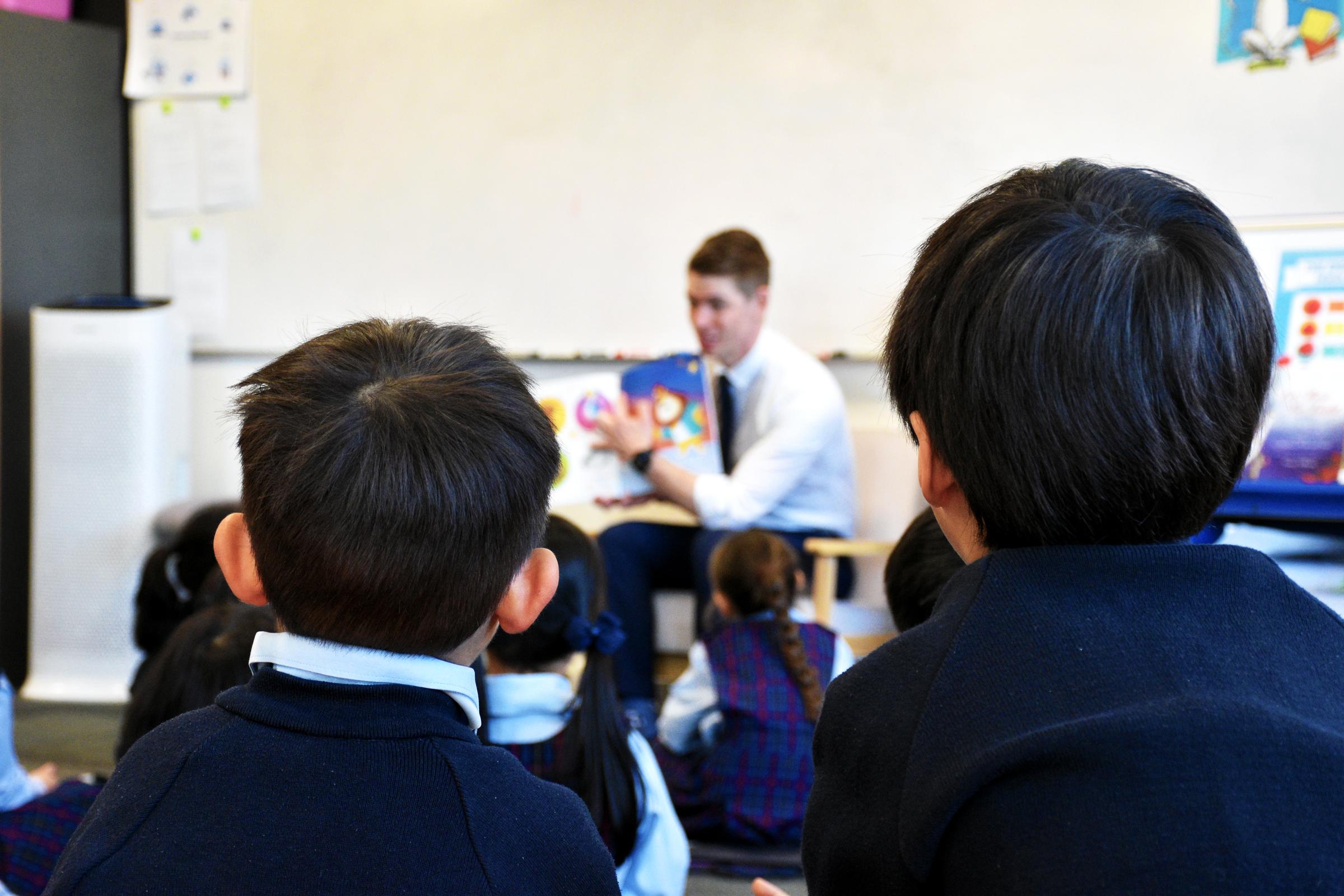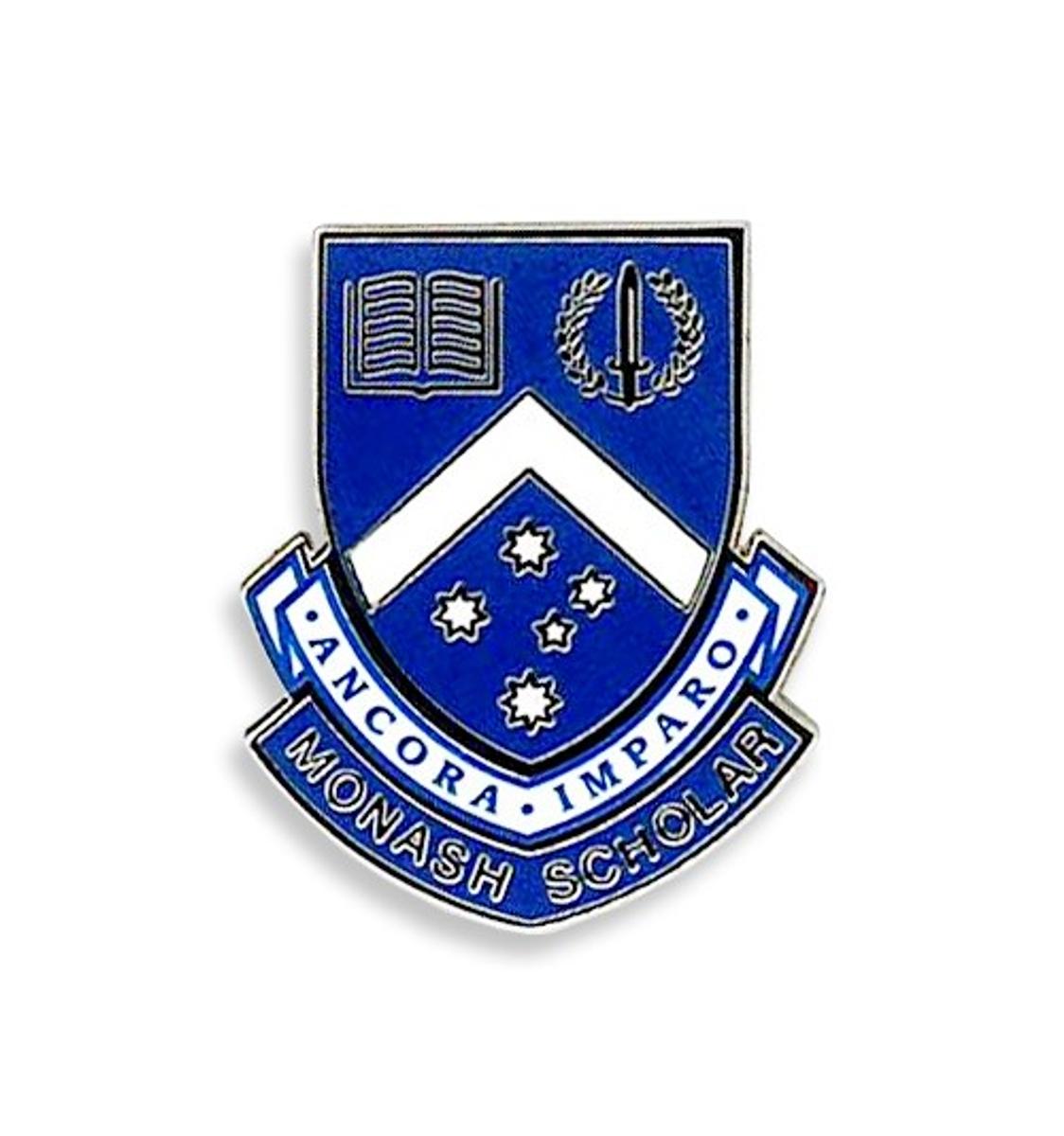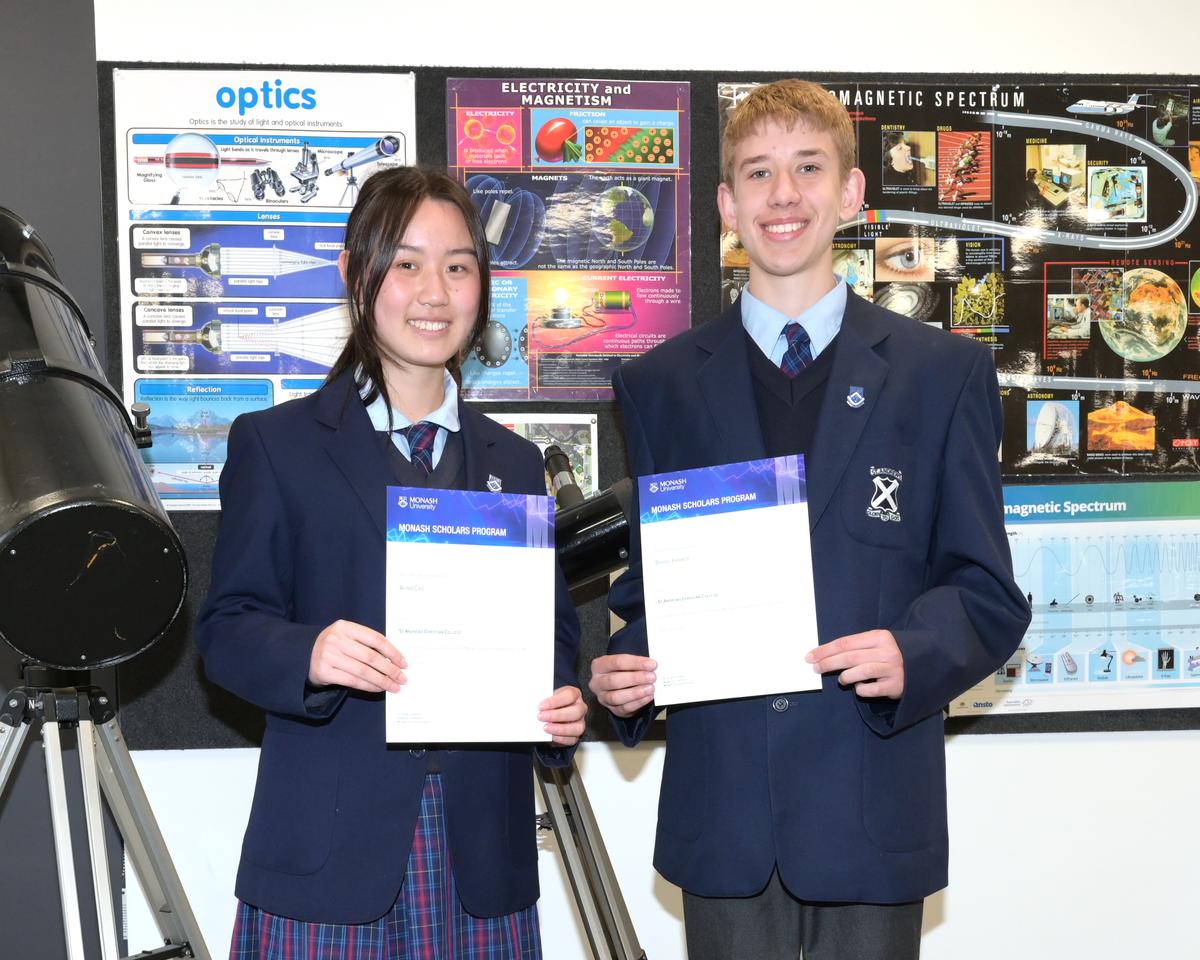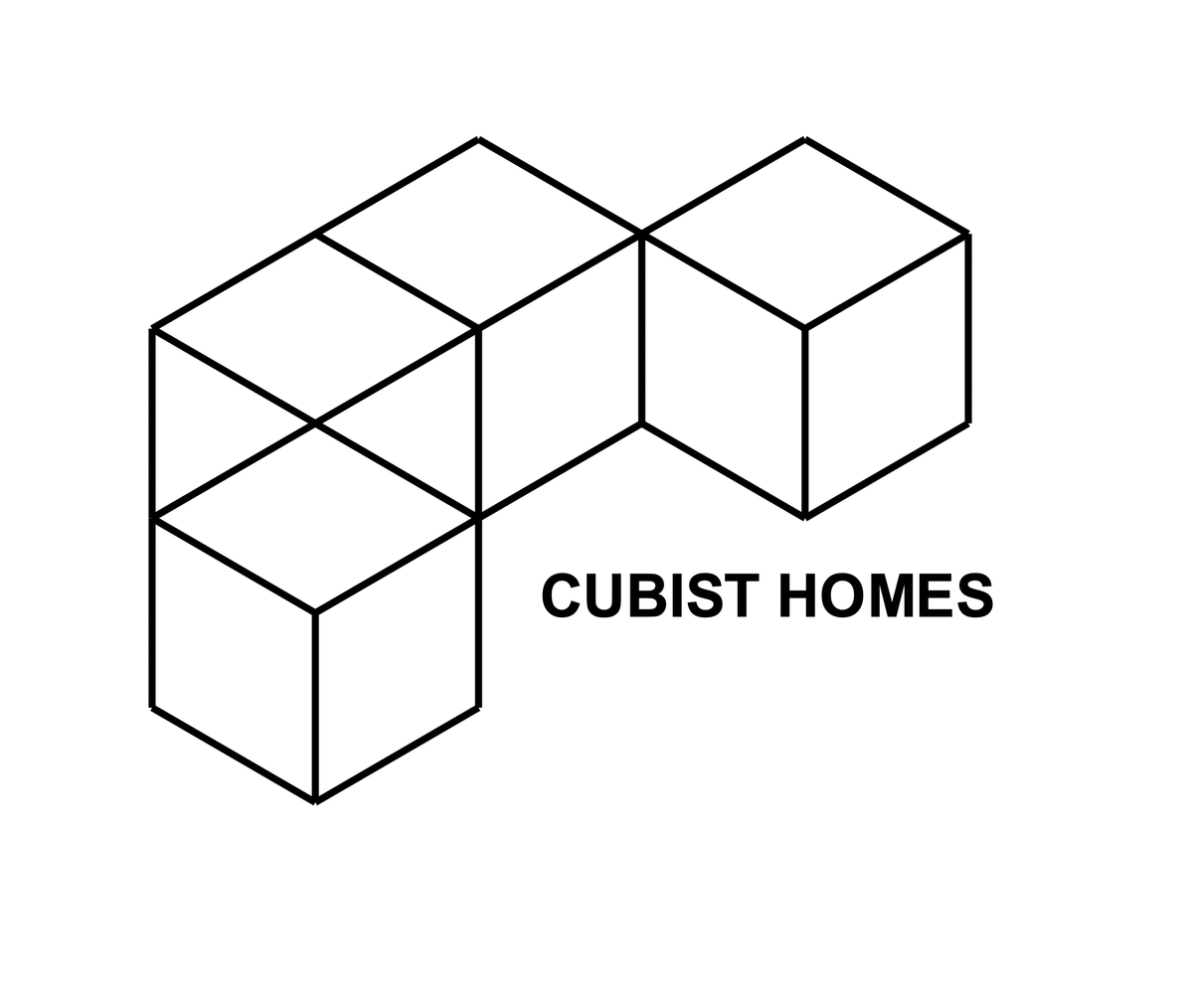LEARNING AND TEACHING

Monash University Scholars Program
I am pleased to be able to announce that two of our Year 10 students – Daniel Farmer and Alina Cao have been selected to participate in the prestigious Monash University Scholars Program.
The Monash Scholars Program provides selected high achieving students from Years 10 - 12 with an exclusive opportunity to engage with Monash University and gain a unique head start into university life. Students who are selected to join the program in Year 10, stay until the end of Year 12.
Over two and a half years, Scholars participate in a range of activities to enhance their learning; explore career ambitions; define their personal aspirations; and build networks with other high-achieving students. In their application, students needed to demonstrate academic achievement, extra-curricular endeavours and articulate what a good leader looks like and how they display these qualities in their own lives.
Congratulations Daniel and Alina – the College is very proud of you and your achievement in being accepted into the 2022-2024 Monash Scholars Cohort.
Michael Swanborough
Deputy Principal - Learning and Teaching
Learning Support Update
The Learning Support Team has seen its fair share of change this year; but we are so aware of God’s hand on us all. This term we welcome Sophie Athan and Joyce Kim to our team and pray that they will settle well and enjoy supporting staff and students at St Andrews.
The Autism Spectrum Parent Support group met twice last term and we were thrilled at the number of parents who attended and who were willing to share their journey with others. Our primary aim is to provide an opportunity for parents to connect with other parents who are faced with the challenges of a child who has autism. All are welcome.
The next meeting will be held on campus early in Term 4 in the Learning Support rooms.
A reminder that there is a Learning Support Parent Information Page on the Hub, it can be found HERE. You will find information about different conditions, disabilities and also links to some helpful websites.
If you have further questions or concerns, please feel free to contact one of the Learning Support Teachers:
- Shirley Gillie – Head of Learning Support: sgillie@standrews.vic.edu.au
- Kerryn Terrington - Secondary Learning Support Teacher: kterrington@standrews.vic.edu.au
- Josie Mayer – Primary Learning Support Teacher: jmayer@standrews.vic.edu.au
Shirley Gillie
Head of Learning Support
McCrindle Future of Education Report
In a recent Newsletter, I included some extracts from the McCrindle Future of Education Report. The report is titled: Equipping Students to Thrive in the New World of Work and includes some fascinating insights into the world of work that our young people will be facing. The infographic below summarises the work transitions framing the new world of work.
In this Newsletter, I have included some further detail for the first two transitions listed:
Manual to machine learning:
Automation has long been a topic of consideration in the new world of work. For many this can elicit feelings of fear while for others a sense of opportunity. With technological advancement replacing some current jobs and creating new jobs for the future, it highlights the need for students to focus on transferable skills and lifelong learning.
Lifelong learning is being driven largely by automation (growth of robotics, data analytics, smarter software), globalisation (greater degree of outsourcing and growth in digital platforms) and demographic realities (such as an ageing population where people live longer and work later). This requires a new mindset and an increased focus on retraining and skills. Gone are the days where one to four years of study after school was sufficient. Rather, workers will increasingly need to develop a habit of refreshing existing skills and learning new ones.
Jobs which are increasing in demand include: Data analysts and scientists, AI and machine learning specialists, and Big data specialists.
Technology to human:
Closely linked to the rise of automation is the focus on human skills. With automation changing the way we work; it is placing a greater requirement on people to focus on higher order skills and differentiate themselves from the tasks which machines can do. Looking to the future, it is increasingly the human characteristics of collaboration, creativity, critical thinking and curiosity that will set workers apart. The occupational skills required to thrive in the knowledge economy are analytical, cognitive, social and management.
In the future it is likely anything that can be automated will be automated. The tasks humans are most likely to perform are coordinating, developing, managing and advising, reasoning and decision making, communicating and interacting. To effectively future proof students, an education that focuses on developing these skills is essential.
Further information can be found at https://mccrindle.com.au
At St Andrews, we are constantly looking to equip and enable our students to be people who make a positive difference in their society. Two of the key elements in our Graduate Profile are: “Relationally Engaged” and “Lifelong Learners.” All of these attributes will enable our students to be effective and to flourish in the world as they share the hope which can only be found through a relationship with Jesus.
Michael Swanborough
Deputy Principal - Learning and Teaching
Mathematical Problem Solving
I was privileged to be able to lead a group of Year 4 students last week in some mathematical problem solving. The lesson focussed on a design activity where students were posed with the following problem:
Four Cube Houses.
Our company has just won a contract to supply modular houses made of four cubes to a new housing estate. The construction rules are:
- All cubes are the same size.
- All cubes touch face to face (unlike our logo).
- There are no cantilevered structures.
- All houses must be different – that is they cannot be transformed into each other by a simple rotation around a vertical axis.
With your partner your task is:
- Design as many four-cube houses as possible.
- Draw each house on isometric dot paper, provided HERE.
My question for you – how many different four-cube houses are there?
Michael Swanborough
Deputy Principal - Learning and Teaching




